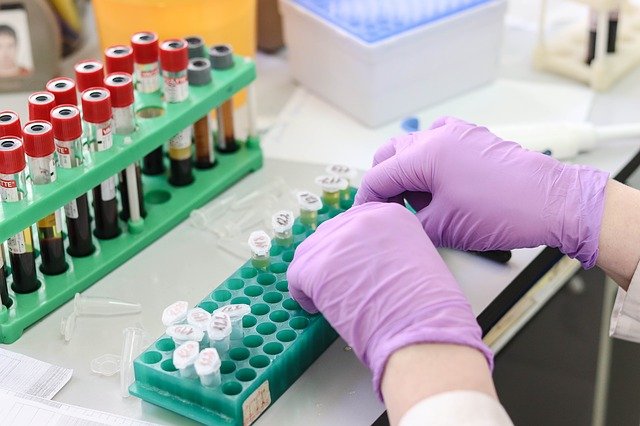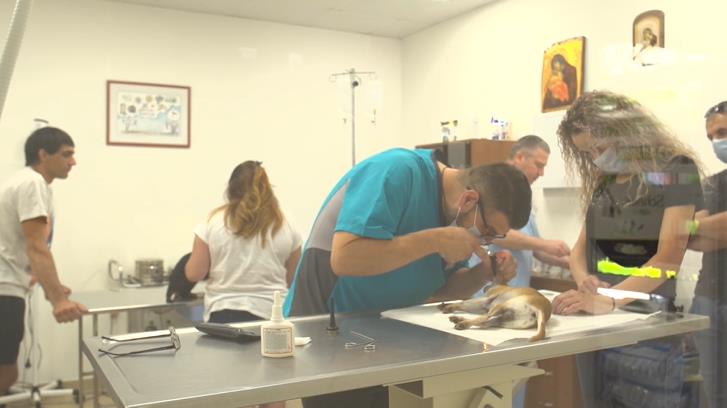release time:2021-09-02 12:03:56
Spectrophotometry is a method established based on the selective absorption of electromagnetic radiation by substances with different molecular structures. It belongs to molecular absorption spectroscopy analysis. When light passes through a solution, the molecules of the substance under test absorb monochromatic light of a certain wavelength. The intensity of the absorbed light is proportional to the distance through which the light passes.

2022-08-31
Doctors often request laboratory blood tests to help diagnose an illness or condition. These tests can provide valuable information about a person's health. There are many different types of laboratory blood tests, and each one has its own purpose. In this blog post, we will discuss the most common types of laboratory blood tests and what they can tell doctors about a person's health. We will also explore how these tests are used to diagnose illnesses and conditions. Stay tuned for more information on laboratory blood tests!

2021-11-11
We can simply understand POCT equipment as a new type of convenient medical equipment for examination. Its biggest characteristic is "small, fast, non-professional operation". It can be convenient for patients and reduce the time for patients to confirm the diagnosis. At the same time, POCT equipment has the function of continuous use to monitor the condition. For example, heart disease patients can quickly understand and control their condition by testing at certain intervals.

2021-09-03
An ordinary pet hospital needs at least one blood biochemistry analyzer, a blood analyzer, an X-ray machine, ventilator, anesthesia machine, and so on. And some instruments, cheap for humans, but very expensive for animals, such as blood pressure instrument, need 10 to 20,000 yuan. And the price of new technology and the latest medical equipment is even higher.